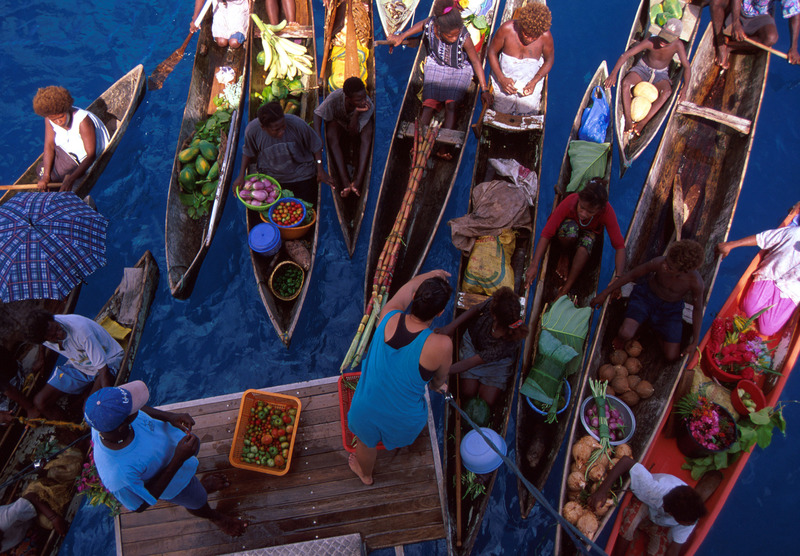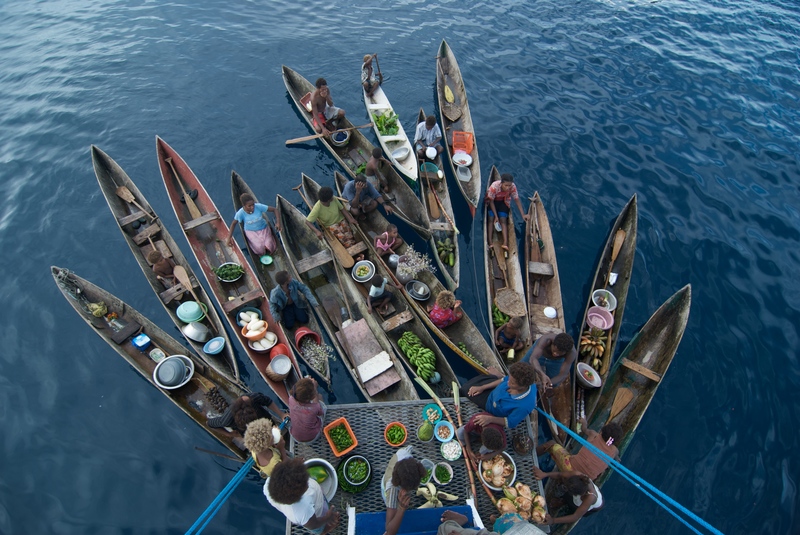Reflections on gender, fisheries and managing the environment: Solomon Islands case study
CEESP News: by Duta Bero Kauhiona and CEESP member Whitney Yadao-Evans
Publishing a research article under The Pacific Community (SPC), the authors investigate the boundaries of gender, women's empowerment, and natural resource management in the fisheries sector of Solomon Islands
The authors' research involves a socioeconomic study that captures the gender perspectives of government officials, fisheries officers, non-governmental organizations, and Solomon Islands community members to explore gender and women's empowerment. The study took interviews from 21 individuals from over 17 separate private and public institutions for their opinions and observations on incorporating gender into natural resource management, conservation, and development. Their research summarizes its key findings into seven focal points:
1. misconceptions of culture and gender roles;
2. transitioning from a traditional community to a modern society;
3. Solomon Islands women, fisheries and managing the environment;
4. the role of the national government in promoting and facilitating gender mainstreaming;
5. women’s empowerment and capacity building through education and training;
6. communication and messaging about gender equality and women’s empowerment; and
7. suggestions and techniques for improving awareness on gender and encouraging the balanced participation of men and women.
To read the full article, click here.
About one of the authors:
Whitney J A Yadao-Evans is the Manager of Conservation International's Gender and Safeguards + Oceans program. Her area of expertise includes large-scale marine resource management (seascapes), international marine policy, community-based marine resource management, gender, and safeguards.





